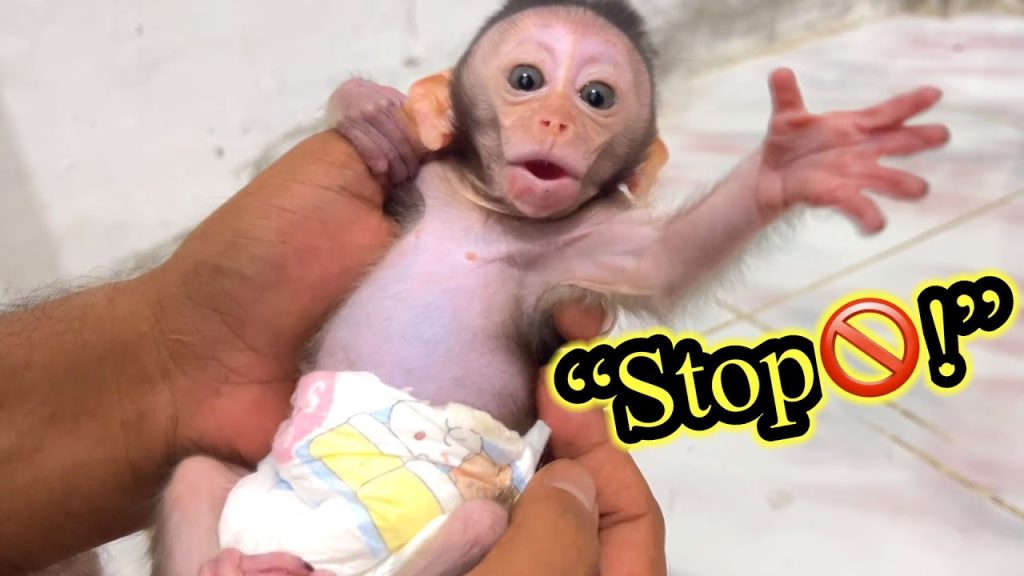
When someone who has been silent through pain finally speaks to you, it does not feel like a normal conversation — it feels like the moment oxygen returns after drowning. For days, weeks, or maybe months, you carry around their silence like a heavy stone. Silence becomes a room with no furniture, no warmth, no shape. You walk inside it every day and try to guess where they might be hiding the words you need to hear. Pain becomes a floating fog. You wait, you guess, you replay old memories. You wonder if you should reach, or if reaching will push them deeper away. Silence is its own violence, especially when it comes from someone who once looked at you with warmth. The absence of words hurts more than arguments ever did.
So when he finally spoke — even if it was only a few words — it was not simply a communication event. It was a huge emotional shift. Because silence is not neutral. Silence is pressure. Silence is a locked door. When the first sentence finally comes, it feels like the key turning. Even before you analyze the meaning of the words, your nervous system relaxes — because finally, there is sound. Finally, there is direction. Finally, there is something to hold.
Pain changes voice. Pain also changes listening. When he spoke again, his voice probably sounded thinner, or heavier, or slower. But every syllable was a proof that he still has connection circuits inside him. Pain did not erase him. Pain did not erase presence. Pain only muted him temporarily.
The moment someone breaks silence after trauma, both sides must breathe slowly. Because words that come after pain are fragile. They are not ordinary words. They are rebuilding words. They must not be rushed, interrogated, crushed, or turned into arguments. They should be met with calm, soft patience — the same way you hold a bird with a hurt wing. Not gripping. Not squeezing. Not demanding. Just holding.
Sometimes people do not speak because they do not trust that they will be heard safely. So when he finally spoke to you, the most important thing is not what he said — the most important thing is what this moment proves: it proves that trust is not dead. It was wounded… but not destroyed.


